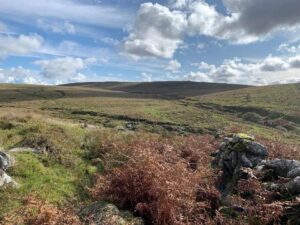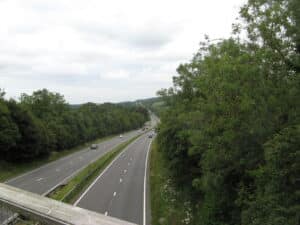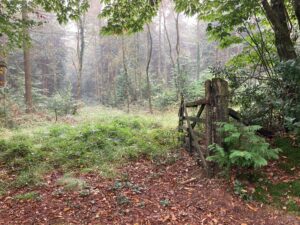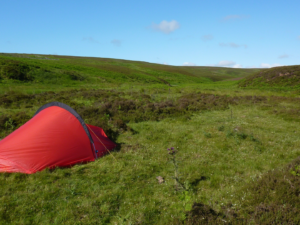Saving our commons
The Open Spaces Society is the guardian of all common land in England and Wales. Many areas of common land have names such as Clapham Common while others are simply known locally as ‘the common’.
Such is the recognition of our role, we are notified of all applications for works on, and exchanges of, common land. Read about some of our recent campaigns to protect commons here.
One of the most famous commons we’ve ever saved is Wimbledon Common, but we’re here for all commons and for the people like you who want to enjoy them.
The public has the right to walk on all registered commons, subject to certain restrictions, and on many commons there is also a right to ride a horse.
Does your local common need protection?
Commons are very special because of their unique physical features and rich history. They are a remnant of medieval or perhaps even earlier times when people relied on access to commons to take away vital natural resources for their own necessary use. These people were called commoners and held specific rights which were usually attached to their property. Depending on the physical character of the common, they might hold rights to graze their animals or collect wood and dig peat for fuel. These rights still exist in many places, although they are not always exercised as they were in the past.
There are 1.3 million acres of common land in England and Wales, registered in over 9,000 separate units covering all types of landscape and habitat. A staggering 88 per cent of all commons in England have a national or international designation – for wildlife, landscape or archaeology.
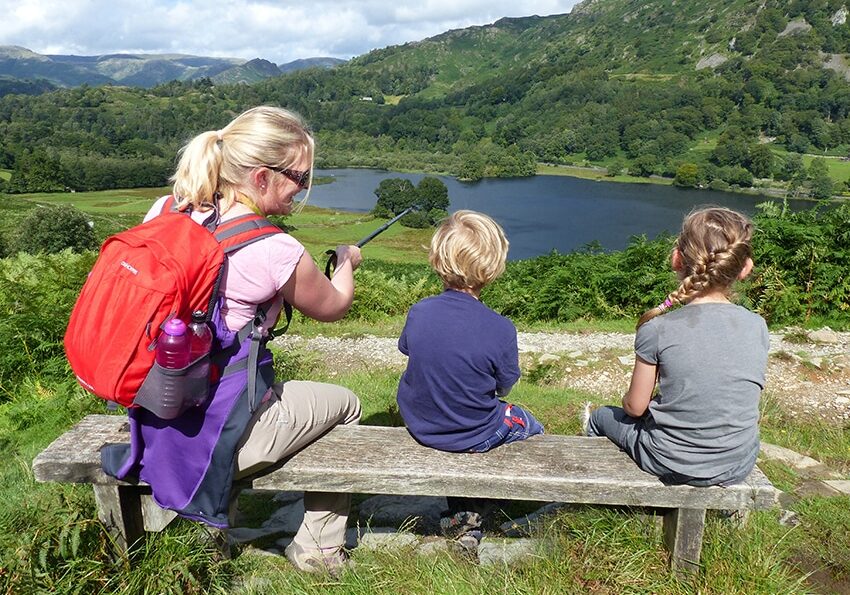
How can you protect your local commons?
An effective way to protect a common that matters to you is to join the Open Spaces Society. Here are some examples of cases where we have given guidance to individual, group and local authority members.
As a charity, we depend on public donations to fund our vital campaigning and legal work.
As a member, you can count on the support of our expert team based at our head office in Henley-on-Thames.
Depending on where you live, you may also have a local Open Spaces Society correspondent (our name for volunteer) who may be able to help you.
Further resources about Commons
Part 1 of the Commons Act 2006: getting land onto or off the commons and greens registers
This fact sheet covers the following information about Part 1 of the Commons Act 2006: getting land onto or off the commons and greens registers.
Protecting commons, greens and open spaces training course
Learn the fundamentals on this comprehensive course to include definitions, registration/designation, protection and management.
How to take action against unlawful encroachments and works
This fact sheet tells you how to protect your common from unlawful encroachments and works in England.
Vehicular access across Common Land and Town or Village Greens
This provides guidance about vehicular access across common land and town or village greens following the repeal of section 68 of the Countryside and Rights of Way Act 2000.
A Common Purpose Guide
Download the Foundation for Common Land guidance on how to engage with local communities for those contemplating management on common land.
An approach to the re-registration of commons
Our commons re-registration officer Dr Frances Kerner shares our approach to research and application preparation
Registered common land and highways
Registered common land may also be part of a public highway, and evidence that land is registered common land or part of a highway is of little or no value in demonstrating that the land is not the other.
DIY guide to registering lost commons
The Commons Act 2006 provides a new, time-limited, opportunity for you to rescue some of those commons which failed to be registered under the Commons Registration Act 1965, but only in specific locations.
Court cases - commons
Here you can find our commentary for decisions in the courts about commons cases.
What local councils can do for public access to town and countryside
Local councils have a unique role in protecting and caring for the commons in their areas. This information sheet sets out how they can go about this.
A commons’ conference companion
The Countryside and Community Research Institute of Gloucester University (CCRI) has published a Commons e-book
Buildings, fences and other works on common land in England and Wales
A practical guide for those wishing to carry out a lawful operation on a common and those wanting to defend a common against unlawful or undesirable operations.
Frequently Asked Questions: Commons
Frequently asked questions about commons
Our Common Land
This seventh edition has been revised and updated to include the many changes in the law which have taken place
Unclaimed land and adverse possession
Unclaimed land and adverse possession: protecting commons and other open spaces with no known owner
A problem solved
Read some of the Open Spaces Society's advice and case studies relating to problems when protecting land.
Finding common ground
Integrating local and national interests on commons: guidance for assessing the community value of common land
The origins of sections 193 and 194 of the Law of Property Act 1925
A comprehensive paper from Open Spaces Society Trustee Bernard Selwyn
Tree-planting on commons
The Westminster government wants to treble tree-planting by 2024. What might this mean for commons in England?
Golf-courses and commons
This information sheet explores opposing golf-course development on your common or open space.

